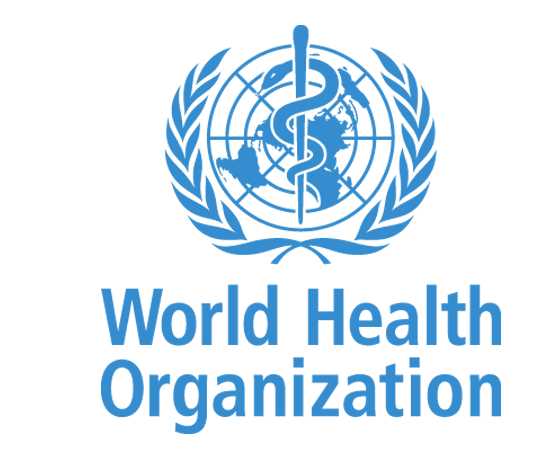Over 7m die from tobacco, heart disease annually – WHO

World Health Organisation, (WHO) has said that tobacco epidemic is one of the biggest public health threats the world has ever faced, killing more than 7 million people annually.
This was contained in a statement by WHO to commemorate the ‘’World Tobacco Day’’
The statement quoted WHO Regional Director Dr. Matshidiso Moeti, as saying that about 146 000 adults between the age of 30 and above die every year from tobacco-related diseases in the African Region.
He said that more than 6million of those deaths are as the result of direct tobacco use while around 890 000 are the result of non-smokers being exposed to second-hand smoke.
‘’The tobacco epidemic is one of the biggest public health threats the world has ever faced, killing more than 7 million people each year.
Tobacco breaks hearts. Tobacco use and exposure to second-hand smoke contribute to about 12% of all heart disease deaths.
There is no safe level for people, particularly children, women and workers, who have to be in the same room as smokers.
‘’In the African Region, about 146 000 adults aged 30 years and above die every year from tobacco-related diseases. When tobacco users die prematurely in their productive years, families lose loved ones and income, and economic development is negatively affected’’ he stated.
While stressing the need to do more in terms of creating awareness over the harmful effects of Tobacco usage, the WHO called for the implementation of policies that will assist in regulating tobacco usage, promote smoke-free environments as well as encourage people to quit smoking.
‘’Policies that regulate tobacco, promote smoke-free environments and encourage people to quit smoking will contribute to improving the health and well-being of all people.
This requires strong leadership, political commitment and an informed civil society working together to press for heart-healthy policies and the right to health.
‘’Effective measures to reduce tobacco demand which can be accomplished in a short time and at reasonable cost include increasing tobacco taxes and prices, which will save lives as well as generate money for governments.
Other steps include creating completely smoke-free indoor workplaces and public places, instituting hard-hitting warnings and graphic pictures about the dangers of smoking on cigarette packaging, and banning tobacco advertisement, promotion and sponsorship’’ the statement added.
For his part, Edo State Governor, Mr. Godwin Obaseki, also called for synergy and partnerships among relevant stakeholders to check the consumption and reduce the health and other associated risks, especially cardiovascular diseases.
Obaseki, said this in commemoration of the World No Tobacco Day marked by the World Health Organisation (WHO) and other organs to raise awareness and check the consumption of tobacco.
He proposed that collaborations should be built among health workers, civil society organisations and relevant Non-Governmental Organisations (NGOs) to raise awareness and sensitise the people on the dangers of tobacco consumption.
According to him, “much as tobacco companies are in legitimate business and have adopted health messaging to call attention to the associated risks of use of their products.
As a government, we want to ensure that the people are better served with information on the cardiovascular dangers associated with its usage.
Efforts should be made to sensitise people on the dangers of second-hand smoking, which also exposes people to similar dangers faced by active smokers.”
He said the state government is pursing health policies such as the state-wide health insurance scheme, increasing the number of primary healthcare centres and improving the investment climate to attract investors, including private healthcare firms.
He said that this year’s theme for the day, ‘Tobacco and Heart Disease,’ provides a platform to interrogate the implications of tobacco use and cardiovascular conditions, noting that stakeholders are being mobilised to spread the word on the dangers of tobacco consumption and the imperative to reduce its use.










